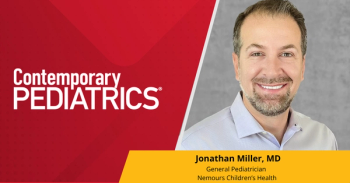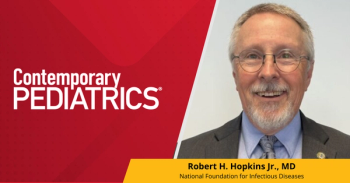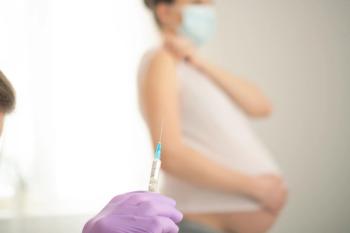
How states addressed issues of equity when schools reopened
One of the chief concerns with schools being closed was how it would impact children who need certain services or lacked access to basic needs such as food and shelter. A study looks into how state-level guidance addressed these concerns when schools reopened in the fall.
When schools closed in the spring because of COVID-19 and then during the debate over re-opening schools in the fall, one of the major questions was how the moves would impact a number of groups such as those with no access to the internet needed for virtual learning or children who had special needs. A
The researchers used online searching to find state-level documents for all 50 states in the United States as well as the District of Columbia that discussed the plans to open schools for the academic year. They made note of whether the documents stated that equity was a concern as well as if they addressed certain concerns and how they would be addressed. The concerns included homelessness or temporary housing, no access to internet or needed technology, food insecurity, learning the English language, being involved or were about to be involved with the Department of Children and Family Services or other similar agency, students with disabilities or special needs and mental support. They also noted if the plans mentioned tackling concerns about students or staff who are at greater risk of severe illness if they became infected with COVID-10 or those who lived with someone who is at greater risk of severe illness.
The researchers found that 44 of the states specifically mention that concerns about equity were taken into consideration with their planning. Alaska, Louisiana, Mississippi, North Dakota, South Carolina, South Dakota, and Wyoming were the only states that made no mention of equity in their guidance. Nearly every state provided some form of guidance for at least 7 equity issues, with the ones most commonly addressed being students with disabilities, 98% of states, and students at greater risk of severe illness, also 98% of states. Homelessness and involvement or near involvement with Department of Children and Family Services were among the less addressed topics and only 7 states offered any guidance on addressing staff members who lived with family members at higher risk of severe COVID-19 infection.
They concluded that there was a great deal of variation found in state-level guidance to help school districts develop reopening plans. This variation could leave some vulnerable populations at risk of worse educational outcomes or with continuing lack of access to services that fulfill basic needs. They recommended further study into how school districts utilized this state-level documentation.
Reference
1. Li A, Harries M, Ross L. Reopening K-12 schools in the era of coronavirus disease 2019: review of state-level guidance addressing equity concerns. Journal of Pediatrics. 2020;227:38-44.P7. doi:10.1016/j.jpeds.2020.08.069
Newsletter
Access practical, evidence-based guidance to support better care for our youngest patients. Join our email list for the latest clinical updates.








